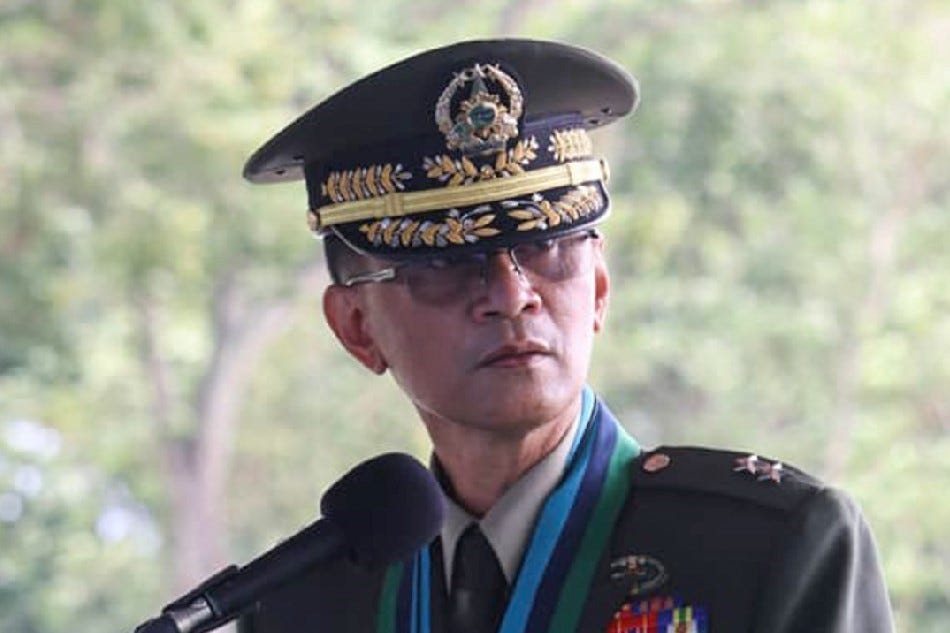By: Manuel L. Quezon III
A politically intriguing firing and hiring took place in the Philippines last week while President Ferdinand Marcos Jr. was in Beijing. It was announced that the incumbent Armed Forces Chief of Staff, Lt. Gen. Bartolome Vicente Bacarro, was stepping down, and that Marcos had appointed Gen. Andres Ce…
Keep reading with a 7-day free trial
Subscribe to Asia Sentinel to keep reading this post and get 7 days of free access to the full post archives.

